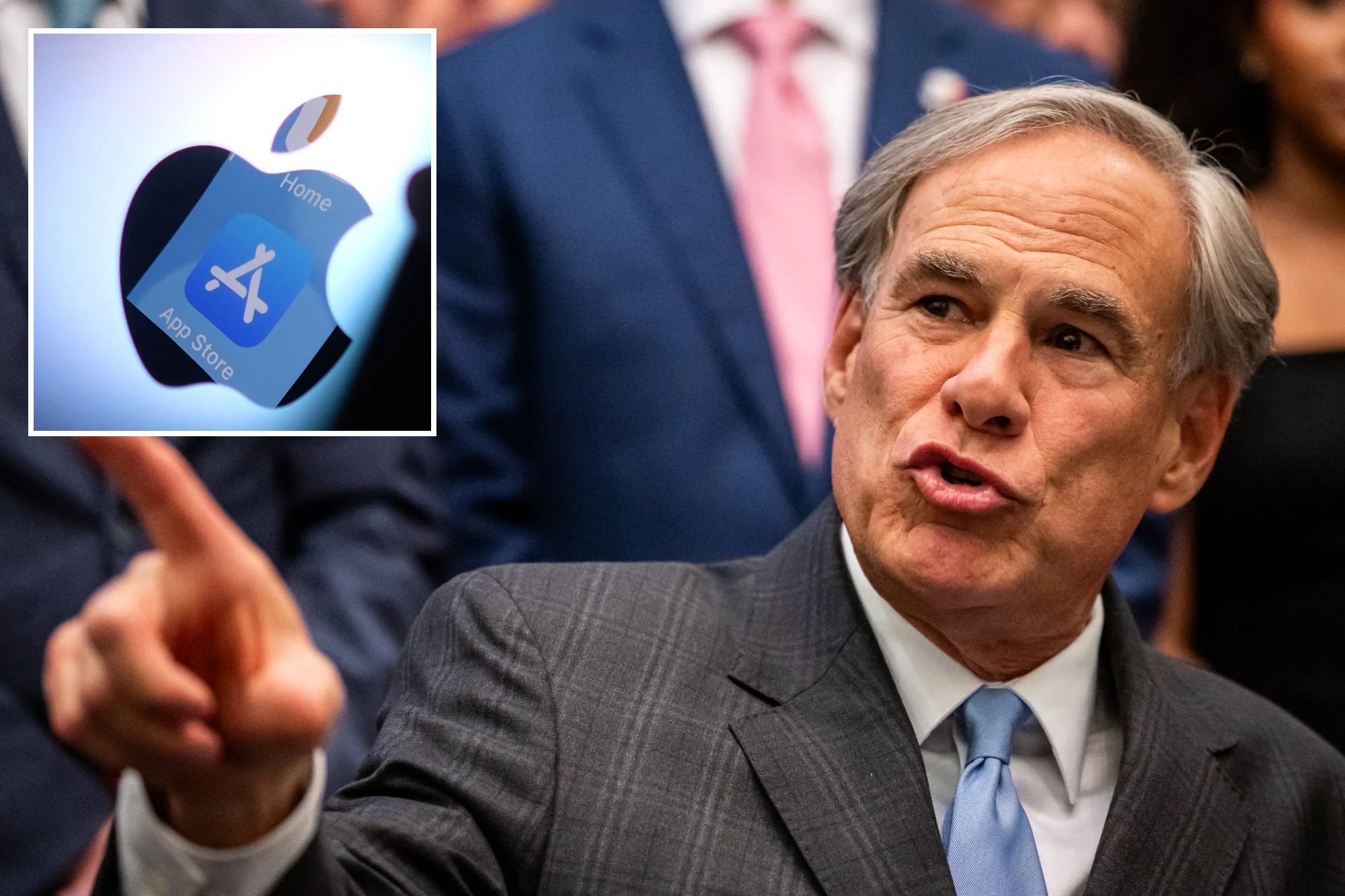Texas Governor, Greg Abbott, signed a bill on Tuesday, a bill that required Google of Apple and Alphabet to verify the age of users of their application stores, putting the second most populous state in the center of a debate about whether and how to regulate the use of smartphones by children and adolescents.
The law, effective on January 1, requires the consent of parents to download applications or purchases in the application for users under 18 years. Utah was the first state to pass a similar law earlier this year, and legislators have also introduced a federal bill.
Another Texas bill, approved in the Texas representative chamber and waiting for a Senate vote, would restrict social networking applications to users over 18 years.
Age limits and parental consent for social media applications are one of the few areas of broad consensus in the United States, with a Pew Research poll by 2023 to 2023 that 81% of North -Americans support parental consent for children to create social media accounts and 71% support age verification before using social networks.
The effect of social networks on the mental health of children has become a growing global concern, with dozens of states calling for platforms and the U.S. General Surgeon emits advice on safeguards for children. Australia last year banned social media for children under 16, with other countries such as Norway, also considering new rules.
How to implement age restrictions have caused a conflict between Meta, the owner of Instagram and Facebook, and Apple and Google, which have the two dominant north -American app stores.
CEO, Mark Zuckerberg, said last year during a Senate audience that parents should not “hang an identification or test that they are a parent in each application that their children use. The easiest place to do so is in app stores.”
Meta refused to comment on this story.
Children’s online safety groups that have supported the Texas bill have also long defended the verification of the APP store age, saying that it is the only way to give parents effective control over the use of children’s technology.
“The problem is that self -regulation in the digital market has failed, where app stores have just prioritized the benefit of the safety and rights of children and families,” he told Reuters Casey Stefanski, executive director of the Childoon Alliance Digital.
Apple and Google opposed the Texas bill, saying that it imposes blanket requirements for sharing age data with all applications, even when these applications are not controversial.
“If they are promoted, the application markets will be necessary to collect and preserve personal information on personal identification for all jeans who want to download an application, even if it is an application that simply provides weather updates or sports scores,” APLE said in a statement.
Google and Apple each have their own proposals that involve sharing age range data only with applications that require it, instead of all applications.
“We see a role for the legislation here,” said Kareem Ghanem, principal of Government government affairs and public policy, at Reuters. “It has just been done in the right way and must keep Zuckerberg’s feet and social media companies on fire, because they are the damage to children and adolescents in those places that people really inspires people to look more closely here and see how we can all do better.”
#Texas #state #enforce #age #verification #Apple #Google #App #Stores
Image Source : nypost.com
